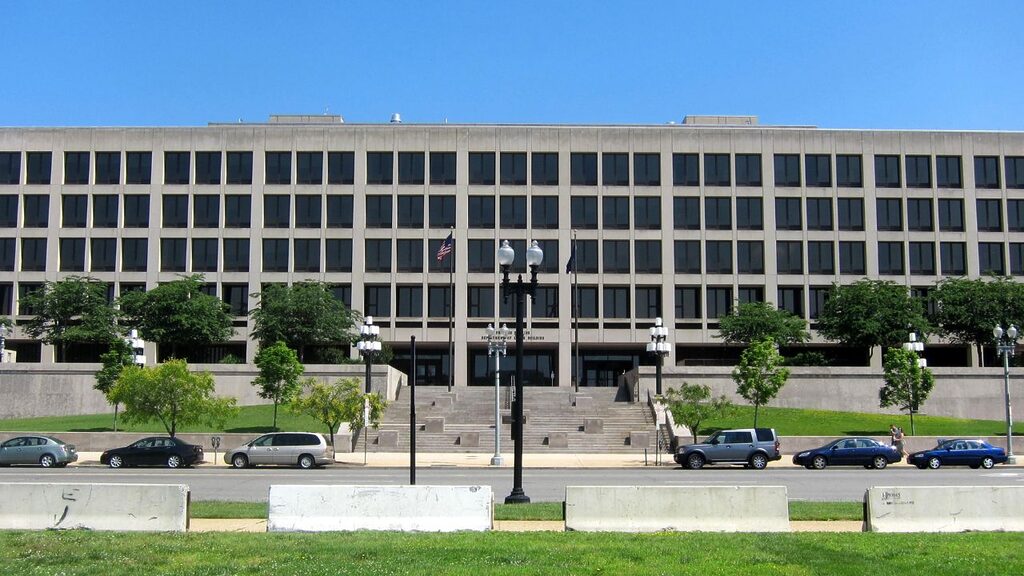For individuals struggling with substance abuse, the decision to seek treatment is crucial but often complicated by fears of job loss or financial instability. The Family and Medical Leave Act (FMLA) provides a vital safety net, allowing eligible employees to take time off for medical treatment, including rehabilitation for substance abuse disorders, without risking their employment.
Understanding FMLA
The Family and Medical Leave Act, enacted in 1993, is a federal law that provides eligible employees with up to 12 weeks of unpaid, job-protected leave per year. It also requires that their group health benefits be maintained during the leave. FMLA is designed to help employees balance their work and family responsibilities by allowing them to take reasonable unpaid leave for certain family and medical reasons.
FMLA and Substance Abuse Treatment
When it comes to substance abuse treatment, FMLA can be a lifeline. The act explicitly covers leave for treatment of substance abuse disorders, provided the treatment is administered by a health care provider or by a provider of health care services on referral by a health care provider. This means that time spent in inpatient treatment facilities or participating in outpatient programs can be covered under FMLA.
It’s important to note that FMLA does not cover absences due to substance abuse itself. The leave must be for treatment to qualify. This distinction underscores the act’s support for recovery efforts rather than enabling continued substance abuse.

Eligibility Requirements
Not all employees are eligible for FMLA leave. To qualify, an individual must meet the following criteria:
- Work for a covered employer (private sector employer with 50 or more employees, public agencies, or elementary and secondary schools)
- Have worked for the employer for at least 12 months
- Have at least 1,250 hours of service for the employer during the 12-month period immediately preceding the leave
- Work at a location where the employer has at least 50 employees within 75 miles
These requirements ensure that FMLA benefits are available to employees who have demonstrated a significant commitment to their employer.
Requesting FMLA Leave for Rehab
The process of requesting FMLA leave for rehab involves several steps:
- Provide notice to your employer. If the need for leave is foreseeable, you must give at least 30 days’ notice. If it’s not foreseeable, notify your employer as soon as practicable.
- Furnish sufficient information. Your employer needs enough information to determine if the leave qualifies under FMLA.
- Complete required forms. Your employer may require you to fill out specific FMLA request forms.
- Provide medical certification. A healthcare provider must certify that the leave is medically necessary for substance abuse treatment.
Remember, while you need to inform your employer about the need for leave, you’re not required to disclose the specific nature of your condition if you’re uncomfortable doing so.
Available Leave Time
FMLA provides eligible employees with up to 12 workweeks of leave in a 12-month period. This leave can be used all at once, such as for an inpatient rehab program, or intermittently, which might be suitable for outpatient treatment or follow-up care. The flexibility of FMLA allows individuals to structure their leave in a way that best supports their recovery journey.
Job Protection Rights
One of the most significant benefits of FMLA is job protection. Upon return from FMLA leave, an employee must be restored to their original job or to an equivalent job with equivalent pay, benefits, and other terms and conditions of employment. This protection gives individuals the peace of mind to focus on their recovery without the added stress of potential job loss.
Maintenance of Health Benefits
During FMLA leave, an employer must maintain the employee’s health coverage under any group health plan on the same terms as if the employee had continued to work. This provision is particularly crucial for individuals undergoing substance abuse treatment, as it ensures continuity of health coverage during a critical time.
Limitations and Exceptions
While FMLA provides robust protections, there are some limitations to be aware of:
- FMLA leave is unpaid, which can create financial strain for some individuals.
- Employers can require employees to use accrued paid leave (like sick days or vacation time) concurrently with FMLA leave.
- If an employee fails to return to work after their FMLA leave expires, the employer may be entitled to recover their share of health insurance premiums paid during the leave.
- FMLA does not protect employees from disciplinary action due to substance use violations of company policy. The protection is for the treatment, not the substance use itself.
Communicating with Employers
Open and honest communication with your employer is crucial when using FMLA for rehab. Here are some tips:
- Be proactive. If you know you’ll need treatment, start the conversation early.
- Know your rights. Familiarize yourself with FMLA provisions before discussing with your employer.
- Be professional. Approach the conversation as you would any other medical leave.
- Focus on treatment and recovery. Emphasize your commitment to addressing the issue and returning to work.
- Work with HR. Your company’s human resources department can often provide guidance and support through the process.
Confidentiality in the FMLA Process
Confidentiality is a critical aspect of the FMLA process, especially when it comes to substance abuse treatment. Employers are required to keep medical information confidential and separate from regular personnel files. Only those who need to know about the leave (such as direct supervisors or HR personnel) should be informed, and they should be instructed to maintain confidentiality.
How Texas Recovery Centers Can Help
At Texas Recovery Centers, we understand that navigating the FMLA process while dealing with substance abuse can be overwhelming. Our dedicated team is here to support you every step of the way. We can:
- Provide documentation required for FMLA leave requests
- Coordinate with your employer or HR department as needed
- Offer guidance on how to communicate with your employer about treatment
- Develop a treatment plan that aligns with your FMLA leave
- Provide ongoing support to help you successfully return to work post-treatment
Understanding your FMLA rights can be the key to seeking the treatment you need without jeopardizing your career. Remember, taking this step isn’t just about maintaining your job—it’s about reclaiming your life and health.
If you’re considering rehab and have questions about how FMLA can support your journey to recovery, don’t hesitate to reach out. Call Texas Recovery Centers today at 888-354-2194. Our compassionate team is ready to help you navigate the path to a healthier, substance-free future.













